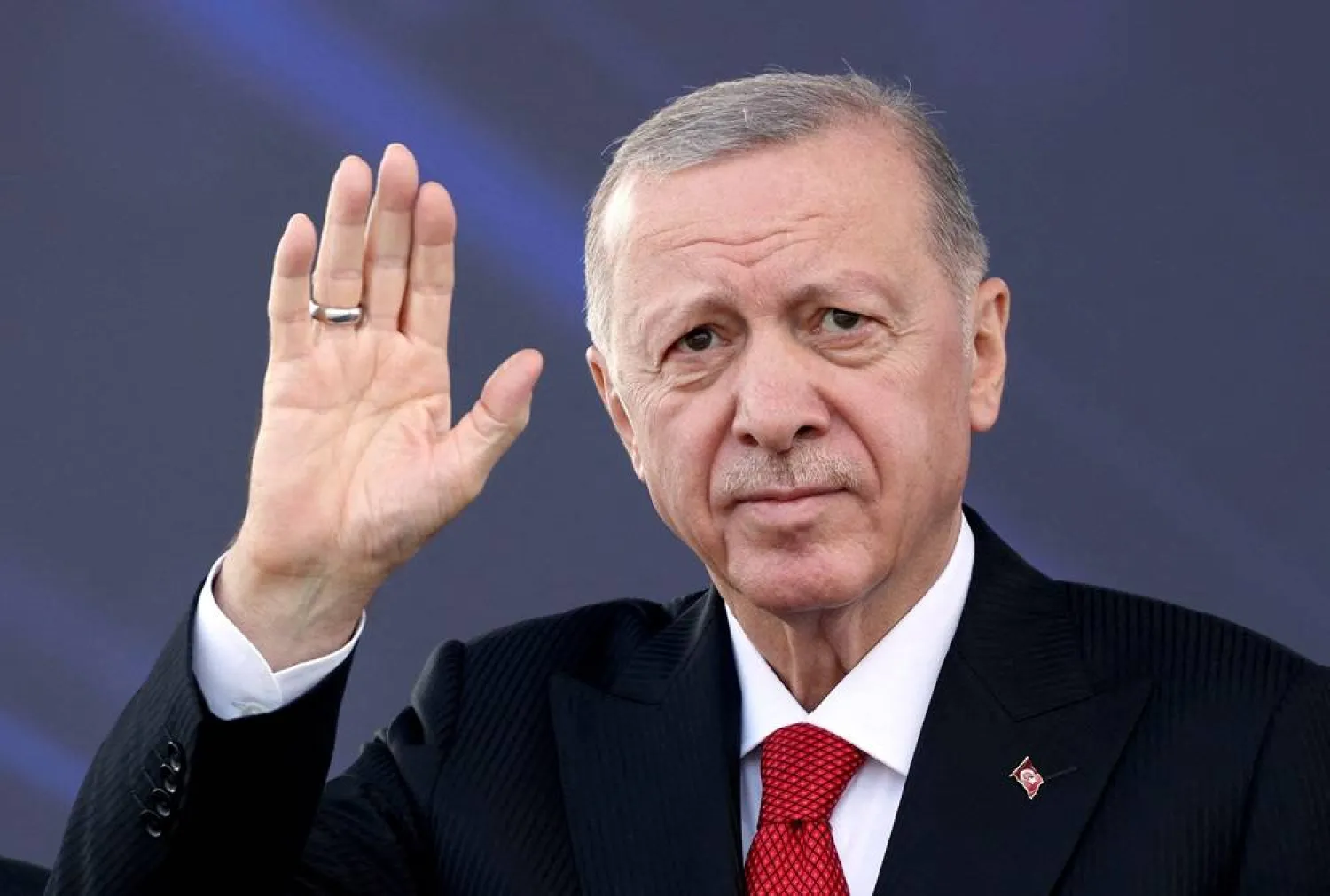Attacks on Lebanon this week showed that the Israeli government planned to spread the war to the region, Türkiye’s President Recep Tayyip Erdogan said on Saturday, calling on Western countries to take "deterrent steps" against Israel's actions.
Erdogan told a press conference that Israel's war in Gaza will top the agenda of his speech at the UN General Assembly on Tuesday.
"In order for our region not to be dragged into a great disaster, the pressure on Israel must be increased even more," Erdogan told a press conference in Istanbul.
He was commenting on attacks in Lebanon this week, including the explosion of Hezbollah members' pagers and walkie-talkies that killed 39 people.
The attacks on communications devices were widely believed to have been carried out by Israel, which has neither confirmed nor denied its involvement.
"It is time for all countries with the mission of protecting world peace to come up with solutions that will stop Israel," Erdogan said.
"In order to end this oppression that has been going on for almost a year, to establish a permanent ceasefire and to ensure the unhindered flow of humanitarian aid, all of us, the whole world and especially the UN, have important duties," he said.
Turkey has denounced Israel's actions in Gaza which came in retaliation to Hamas's attack on Israel on Oct.7.
Israel says about 1,200 people were killed and over 250 people were taken hostage in the assault. Israel's subsequent military offensive in the Gaza Strip has killed more than 41,000 Palestinians, according to the enclave's health ministry.
Ankara has also halted all trade with Israel and submitted a request to join South Africa's case at the International Court of Justice accusing Israel of genocide. Israel has repeatedly dismissed the case's accusations of genocide as baseless.









